
Enhanced capacity on Circular Economy
Working with the Republic of Estonia's Ministry of the Environment through the Iceland, Liechtenstein, Norway grants, SINTEF is charged with helping to develop a strategy for circular economy in Estonia.

Working with the Republic of Estonia's Ministry of the Environment through the Iceland, Liechtenstein, Norway grants, SINTEF is charged with helping to develop a strategy for circular economy in Estonia.
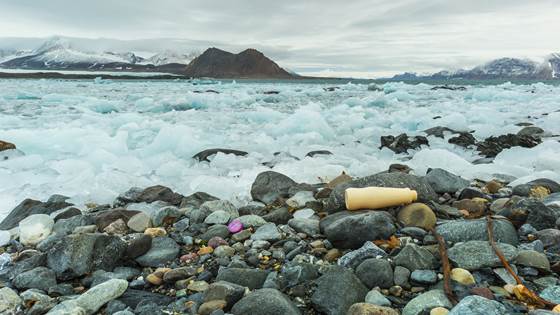
The main objective of GOMPLAR is to describe, compare and analyze two regional international regulatory and governance frameworks addressing marine plastic litter in order to draw conclusions for possible solutions in the Arctic, seeking synergies...
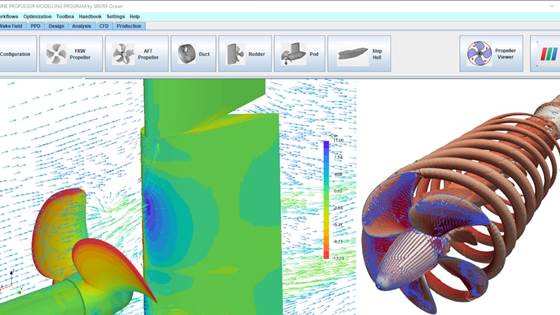
Computational Fluid Dynamics for the Design of Energy Efficient and Environment Friendly Marine Propulsors.
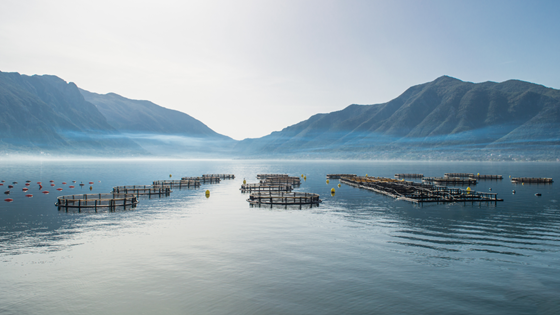
Compareit addresses how new production systems should be regulated, administered, and where they could be best located, which are highly relevant questions for a sustainable development of the industry that safeguards other societal interests and...
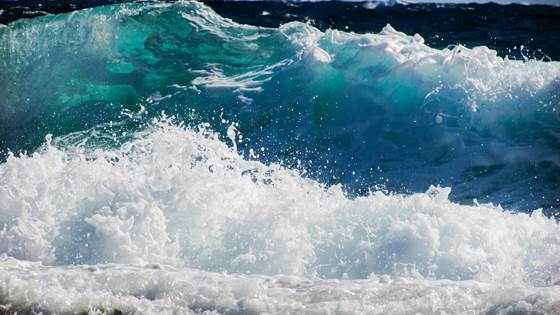
The exposure of slender marine structures, e.g., deep-water risers and power cables to floating wind turbines, to waves and currents causes excitation forces and leads to fast accumulation of fatigue damage and amplified drag loads. In many cases...
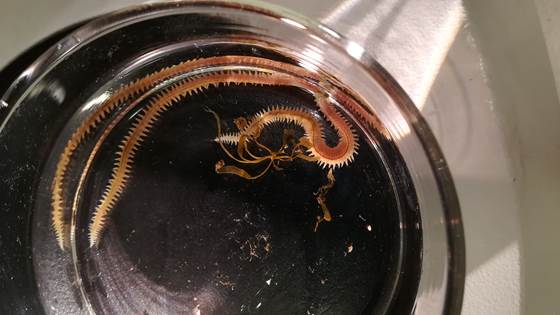
The use of renewable marine bioresources to make feed ingredients for fish feed is still in its infancy. In POLYKELP, we will study seaweed and brush worms aimed for use as salmon feed.
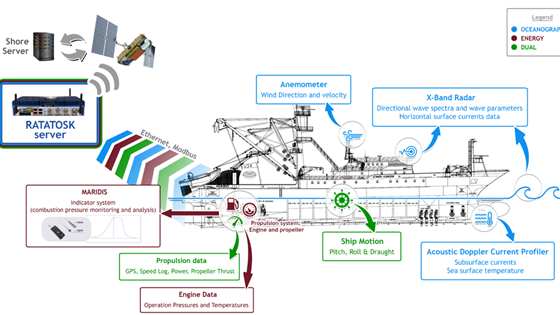
Sustainable tuna fisheries through advanced earth observation technologies (SusTunTech) aims to improve fisheries sustainability. The project will enhance the fishing industry profit as well as contributing to fisheries sustainability.

VIPCOAT seeks to make the development and production of corrosion protection technologies more sustainable, economical and faster.
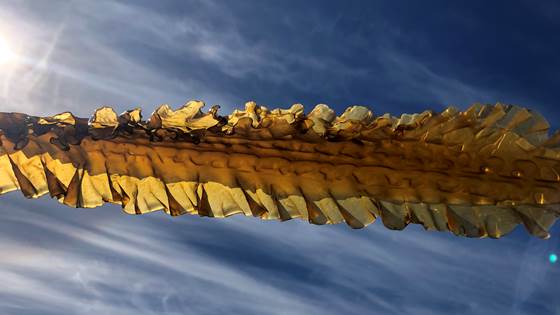
Reducing atmospheric GHG through offshore ocean seaweed farming and conversion to climate positive products or solutions.